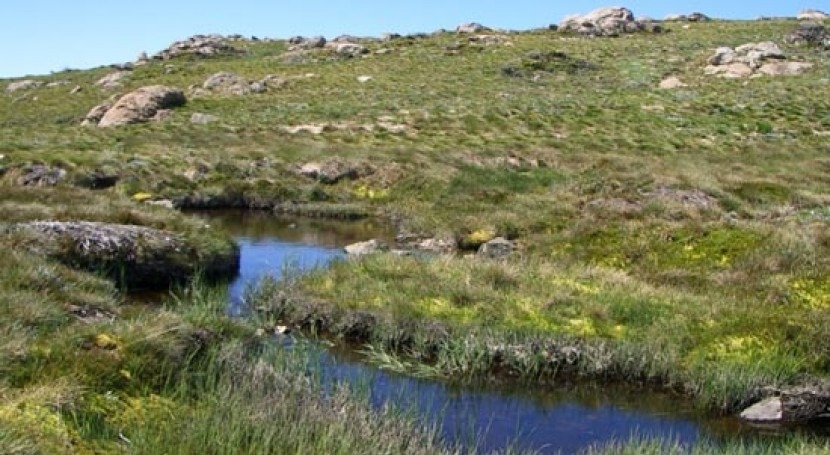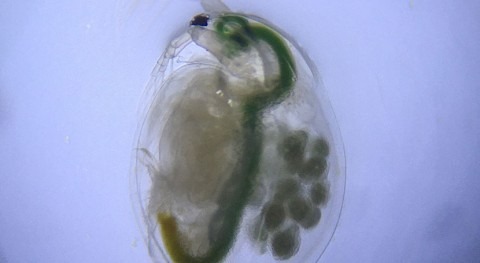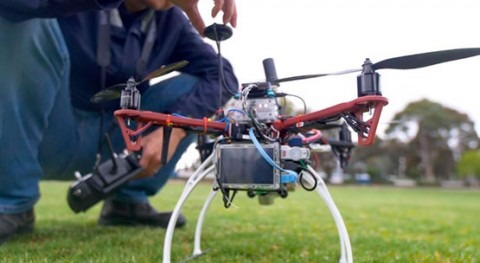A new study by Monash University researchers has applied the Rapid Evidence Review method for the first time to peatland conservation and suggests the technique can be applied to other environmental problems.
The Rapid Evidence Review method was originally developed to address issues in the health care sector.
The study, led by Dr Jessica Walsh from the School of Biological Sciences is published in Biological Conservation.
Peatlands are among the world’s most spectacular wetlands.
Not only do they support hundreds of unique and threatened species, but they also store over a third of the world’s carbon stocks.
The ongoing loss and degradation of peatlands have significant consequences for biodiversity but could also create a climate catastrophe as peatlands that dry out release their stored carbon.
“The need to protect and restore degraded peatlands has never been greater,” said lead-author Dr Jessica Rowland, also from the School of Biological Sciences.
“The large wildfires in the Arctic in 2021 demonstrate what can happen when these precious ecosystems are allowed to degrade,” she said.
Dr Rowland said managers need access to the best available evidence to allow them to effectively protect and restore peatland ecosystems.
“With 2021 marking the start of the UN Decade of Restoration, we need better evidence about how to effectively restore degraded ecosystems,” Dr Walsh said.
“Our study demonstrates how a rapid approach to summarising the best available evidence can identify effective approaches to protecting these critical peatland ecosystems.”
To achieve this, the research team drew on evidence review science through the Monash Sustainable Development Institute’s Evidence Review Service, which is led by Associate Professor Peter Bragge.
Traditional approaches to systematic reviews of evidence can involve months and even years of painstaking searching for, selecting, appraising and summarising all the relevant research studies for a specific topic.
In recent years ‘rapid reviews’ have emerged, which bring together existing research reviews that have already done a lot of the ‘grunt work’ of finding individual research papers.
“Policymakers and practitioners require evidence to support decisions and actions in much shorter timeframes than what traditional review approaches can deliver, and this demand for rapid reviews has been supercharged by the COVID-19 pandemic,” said Associate Professor Bragge.
Another innovation of the review was the creation of a visual map that enabled an at-a-glance view of where interventions were well-supported (and less well-supported) by the evidence.
“These rapid review methods are valuable because they can be applied to other environmental problems in urgent need of evidence,” Dr Walsh said.
“To restore peatlands we need to know which management actions work and under what settings.
“We found that successful restoration of peatlands required looking across the entire ecosystem because peatland hydrology, chemistry and biodiversity are intrinsically linked.”
Actions to restore high water levels and increase plant cover were key for enhancing the recovery of peatlands. But stopping further degradation was also important, such as ending damage from hard-hooved animals and minimising drying out of soils.
This research was funded by the Monash University Data Futures Institute, through a grant that fosters interdisciplinary collaborations that use data science and AI to work towards the UN Sustainable Development Goals.












